NASA, ESA, NSF's NOIRLab, Mark Garlick , Mahdi Zamani
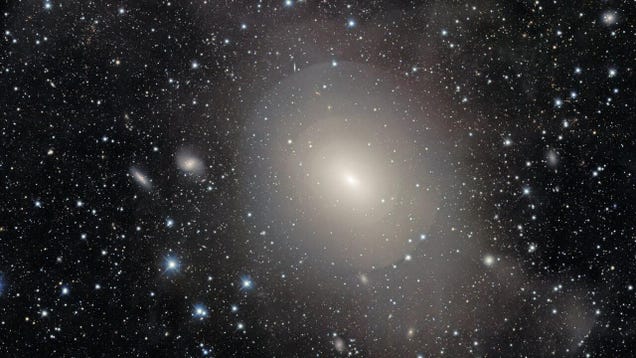
Behold a galactic onion: the shell galaxy NGC 3923, spotted by the Cerro Tololo Inter-American Observatory’s Dark Energy Camera (DECam) at a distance of about 70 million light-years from Earth.
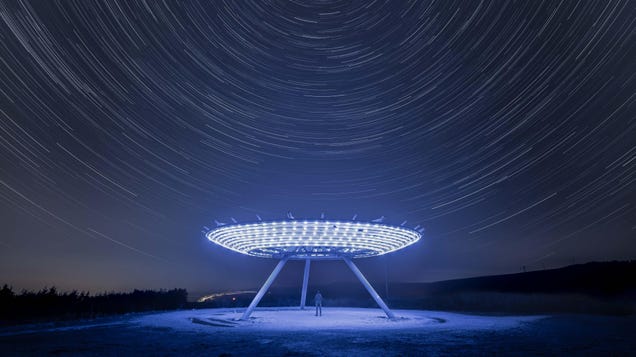
The Royal Observatory Greenwich in the UK announced the winners of its annual Astronomy Photographer of the Year competition last week, and the final group of photographers doesn’t disappoint. From phantasmal swirls of gas and dust to stupendous shots of our luminous Moon—and other moons, too—the images offer a…
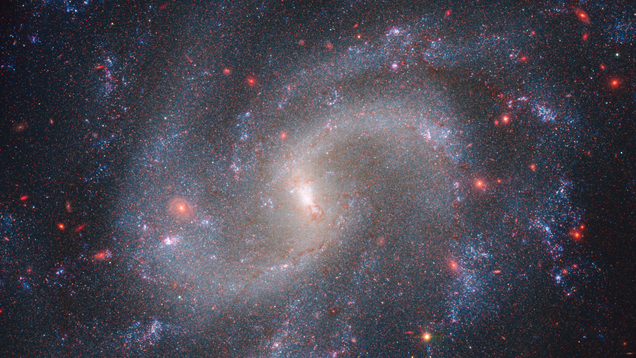
The rate of the universe’s expansion has vexed astronomers for decades.
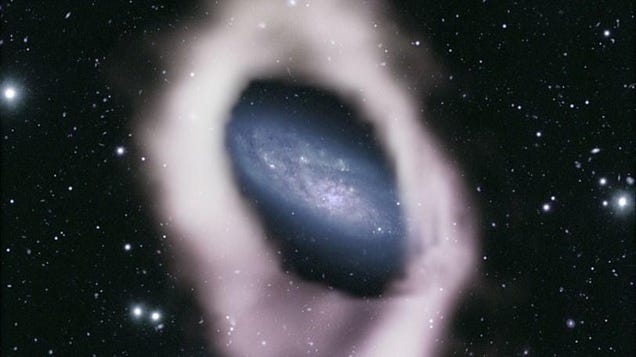
A radio telescope in Australia recently captured a stunning image of NGC 4632, a galaxy some 56 million light-years from Earth. The image reveals a halo of cool hydrogen orbiting perpendicular to the galaxy itself.
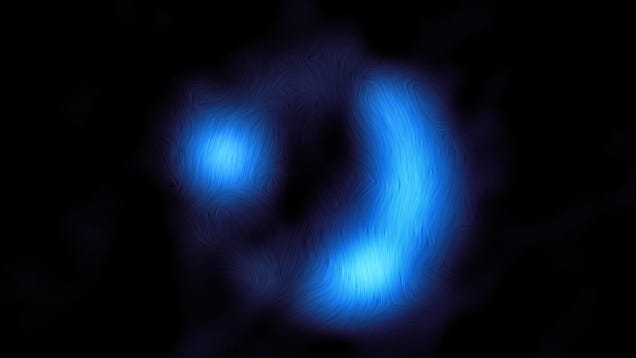
A team of scientists looking at a faraway galaxy using the Atacama Large Millimeter/submillimeter Array (ALMA) have detected that galaxy’s magnetic field, making it the most distant galactic magnetic field yet detected.
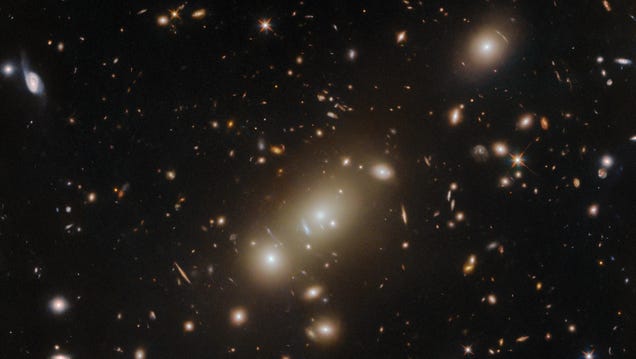
The Hubble Space Telescope is no spring chicken, having operated in space for over 30 years. But the veteran observatory soldiers on. It recently imaged a massive galaxy cluster that could hold secrets about both dark and ordinary matter.
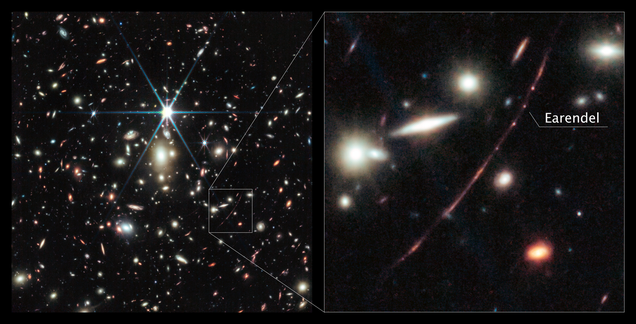
Researchers have trained the unrelenting gaze of the Webb Space Telescope on Earendel, the most distant star ever detected, revealing the star’s color and a potential companion star.

Samsung isn’t the only phone maker expanding its quick-fix repair network.
